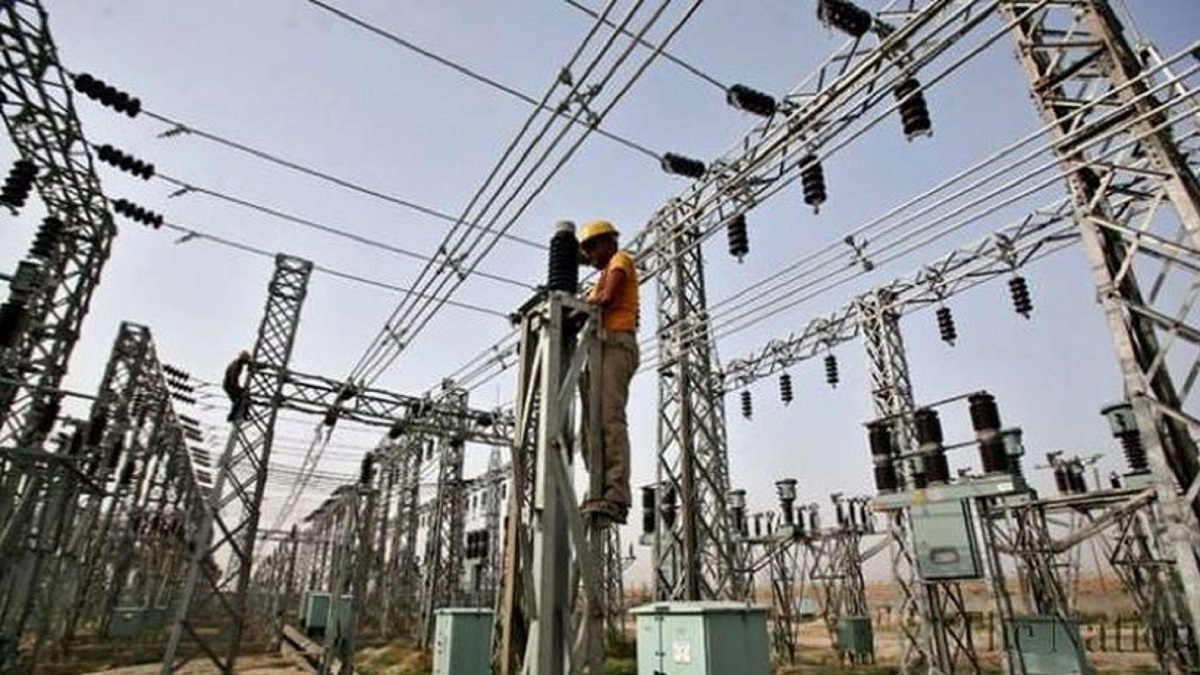The Abuja Electricity Distribution Company (AEDC), one of the 11 power distribution companies (Discos) in Nigeria, has announced a new tariff increment that will take effect from July 1st 2023.
This is due to the depreciation of the naira against the dollar in the exchange rate market, which has increased the cost of electricity generation and distribution.
According to a statement issued by the AEDC on Sunday, customers in band B and C, who receive 12 to 16 hours of electricity supply per day, will pay N100 per kWh, while customers in band A, who receive 20 hours and above, and band B, who receive 16 to 20 hours, will pay higher rates.
“please be informed that there will be an upward review to the electricity tariff influenced by the fluctuating exchange rate effective July 1st 2023.
“The new base tariff for customers within band B and C, with supply hours ranging from 12 -16 per day, is expected to be N100 per kWh while Bands A with (20 hours and above) and B (16 to 20 hours) will experience comparatively higher tariffs.
“We encourage customers with a prepaid meter to consider purchasing bulk energy units before July to take advantage of the current rates and potentially make savings before the new tariffs come into effect.
“And for those on post paid (estimated) billing, a significant increment is imminent in your billing, starting from August.”
The AEDC advised customers with prepaid meters to buy enough energy units before July to take advantage of the current rates and save some money before the new tariffs come into effect. For those on postpaid (estimated) billing, they should expect a significant increase in their bills starting from August.
The AEDC is responsible for the distribution and sale of electricity across an area of 133,000 km2 in the Federal Capital Territory, Niger State, Kogi State, and Nassarawa State.
The company has a 60% equity stake held by KANN Utility Limited (KANN) and a 40% equity stake held by the Federal Government of Nigeria.
The company aims to provide reliable and quality power supply to its customers and improve its technical efficiency through investment in its network.

